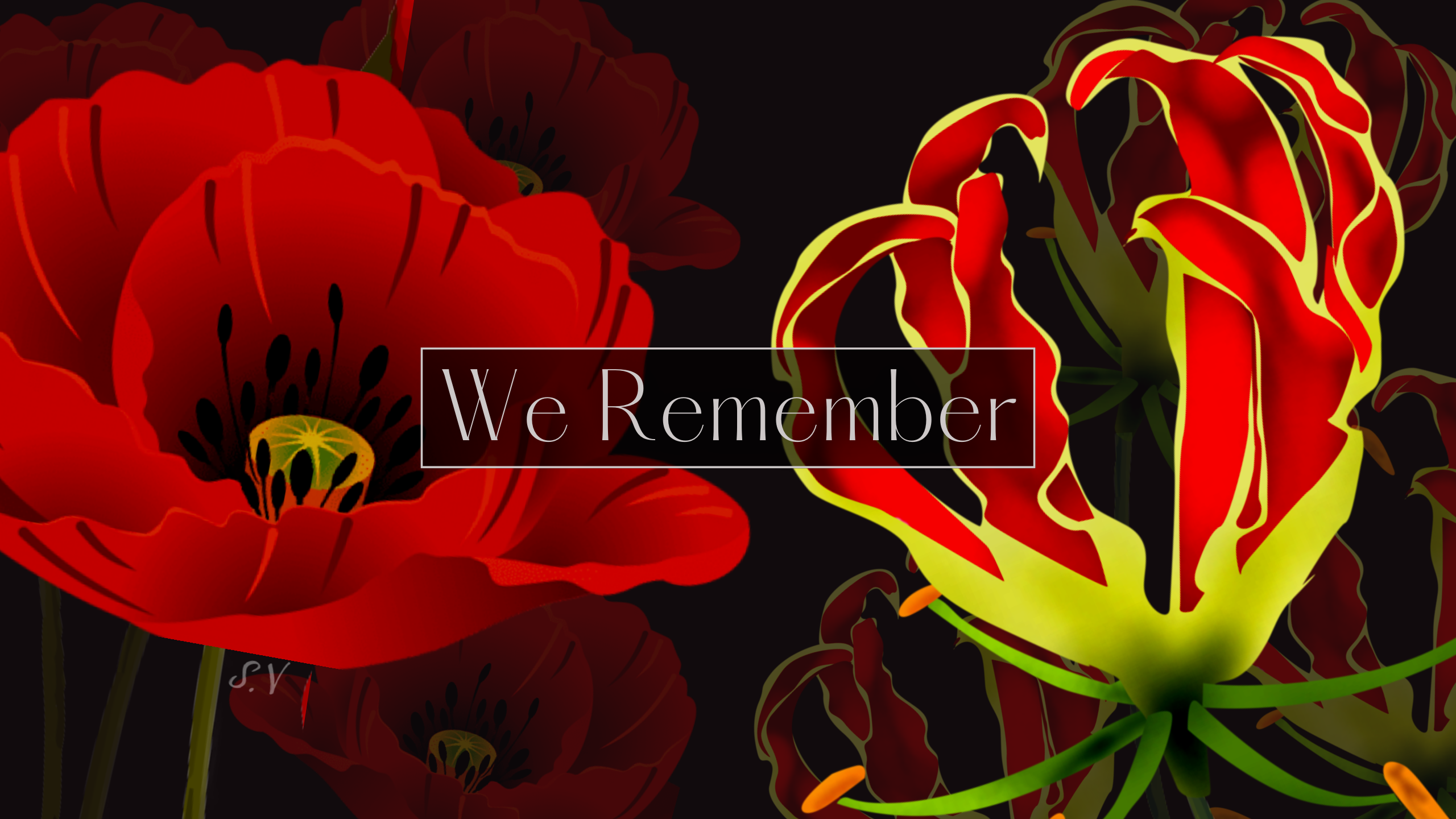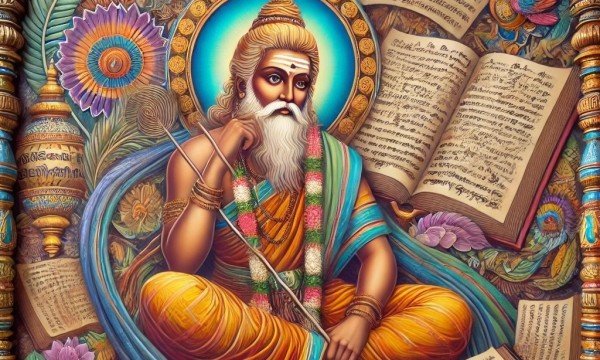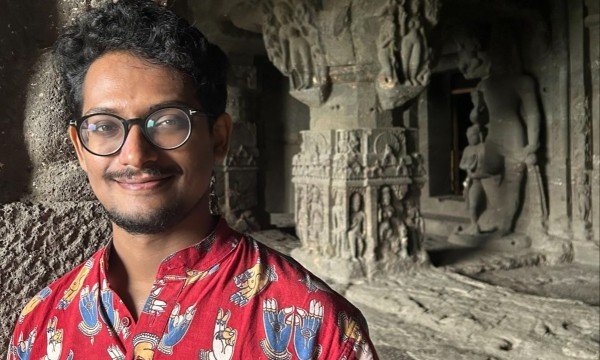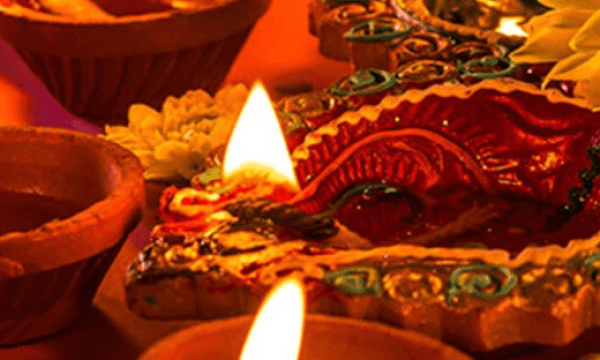
The riots that took place at the US Capitol building have highlighted a clear double-standard in how political violence is perceived and addressed. Numerous headlines addressing these differences have circulated in the past 48 hours; however, the one that most glaringly caught my attention was an Al Jazeera article titled, very fittingly, “The Delusion of American Exceptionalism.” This belief in exceptionalism is not just an American ideal. It is found across the Western world — either that violence in the West is a rare, one-off event that “does not reflect who we are”; or more broadly, that any violence or aggression undertaken within or by white industrialised countries is done in pursuit of “something greater,” while that same violence in other parts of the world represents backwardness, terrorism, or racial inferiority. These debates reminded me of a 2014 controversy in Canadian politics that some of you may remember.
Back in 2014, Scarborough-Rouge River MP Rathika Sitsabaiesan drew widespread condemnation for comparing Canada’s Remembrance Day to Maaveerar Naal, or “Heroes’ Day,” an annual remembrance day held by the Tamil diaspora and Tamils in Sri Lanka to remember those killed in the civil war between 1984 and 2009. Several fellow politicians were quick to point out how horrified they were, and how disrespectful such a comparison was to Canada’s veterans. Among the statements of outrage were the following:
Canada’s Public Safety Minister Steven Blaney said he was “shocked and appalled” that she would compare the “celebration of terrorists” to “the solemn occasion of Remembrance Day where we honour our fallen Canadian heroes.”
Deepak Obhrai, an MP at the time, stated “you can’t compare the two, you can’t compare a terrorist organization to people who have fought for core Canadian values.”
It is understandable why there would instinctively be much outrage at the comparison; after all, Remembrance Day honours Canadian soldiers, and Maaveerar Naal originates from a group designated in Canada as a terrorist organisation. On the surface, such a comparison would elicit strong emotions on both sides of the debate. But let us actually look at the above statements of outrage as objectively as possible.
Looking at Blaney’s statement, he seems to misunderstand what remembrance means. It is true that Maaveerar Naal used to be marked by speeches from LTTE leaders. Maaveerar Naal was itself started by the LTTE and has strong historical ties to the organisation. But with the group no longer in existence, the day has evolved to become an occasion for those who lost loved ones in the war to remember those who died, and light candles in their memory. While individuals like Blaney may see this as a “celebration of terrorists,” it is an act of remembrance, and is precisely what we do on Remembrance Day. We do not discuss the politics of the wars in which Canadian soldiers have fought and died, their merits or whether or not they should have been pursued. Those of us who have attended these ceremonies know that Remembrance Day is never marked with debates around foreign policy, victory or defeat. Bands play, soldiers march, speeches are given, moments of silence are held, flags are raised, and the dead are remembered. Tamil Canadians who grew up watching their parents light candles in their homes on November 27th will probably agree that both occasions are equally solemn.
Deepak Obhrai’s statement shows his misunderstanding of Canadian history broadly. Foreign wars are often portrayed as humanitarian missions aimed at protecting civilians, fighting tyranny and spreading democracy. This is understandable, but a quick search through a history book makes it very clear that the Canadian values that we all ascribe to were not present in some of Canada’s early wars.
Take the Boer War as an example, which Canada fought in from 1899 to 1902. You would assume that an exploitative colonial war for resources, a war where concentration camps were first invented which killed thousands of innocent people, has no place in Canada’s public memory. But it does, and the part that may be most surprising is that the dates “1899-1902” were only added to the National War Memorial in Ottawa in 2014. It is not some old remnant of the colonial era when our views were different; it was added only six years ago, but has not incited any controversy. Surely, those who made the decision to add those dates to the memorial had an idea of what this particular war was about and the crimes committed against civilians, and would have noticed the absence of the Canadian values that Obhrai mentions. But from the standpoint of remembrance, those who died in Canadian uniform should be remembered, even if they died in pursuit of something that today goes against everything we claim to uphold. Remembrance Day is concerned first and foremost with remembering the dead. It is undeniably necessary to discuss and debate the politics, motives and conduct that surround any armed conflict, but Remembrance Day has never been the day for such debate. If this holds true for Remembrance Day, as it clearly has for decades, it holds true for Maaveerar Naal as well.
Every November 27th, Tamils are remembering those who died in the civil war, whether they view them as heroes, victims or as family members. Sitsabaiesan was not calling for Maaveerar Naal to become a Canadian national holiday or for all Canadians to recognise it. She did not express any justifications or support for any actors. She spoke only of remembrance, sacrifice, supporting peace, and the pursuit of justice. This is what we do on Remembrance Day as well. Every war that has ever been fought has elicited controversy and debate over motives, justifications and conduct. Whether they have been heroic or oppressive depends on which side of the battle you are standing on. Maaveerar Naal is no more a celebration of terrorism than Remembrance Day is a celebration of colonialism or war. The act of remembrance has always been politically neutral, and should be allowed to remain as such.
It is understandable why Sitsabaiesan’s comments would be taken negatively by individuals who have not lived the Tamil experience; however, once you understand the history and the meaning of remembrance, it is clear that comparing Remembrance Day to Maaveerar Naal is not an insult to anyone. Neither day — November 11th and November 27th — are celebrations, or debates on values, morals and politics. They are both solemn days of remembrance for the dead and should be seen as just that. If there is one fact that the history of colonialism, conflict, global race relations and today’s affairs have shown us, it is that nobody is exceptional.
National Post (2014). https://nationalpost.com/news/politics/ndp-mp-commemorates-event-honouring-fallen-tamil-tigers-likens-it-to-remembrance-day-in-parliament

























